
The Food and Drug Administration is expected to decide on whether to approve certain cancer regimens within the first few months of the year. Here’s what patients with cancer should know.
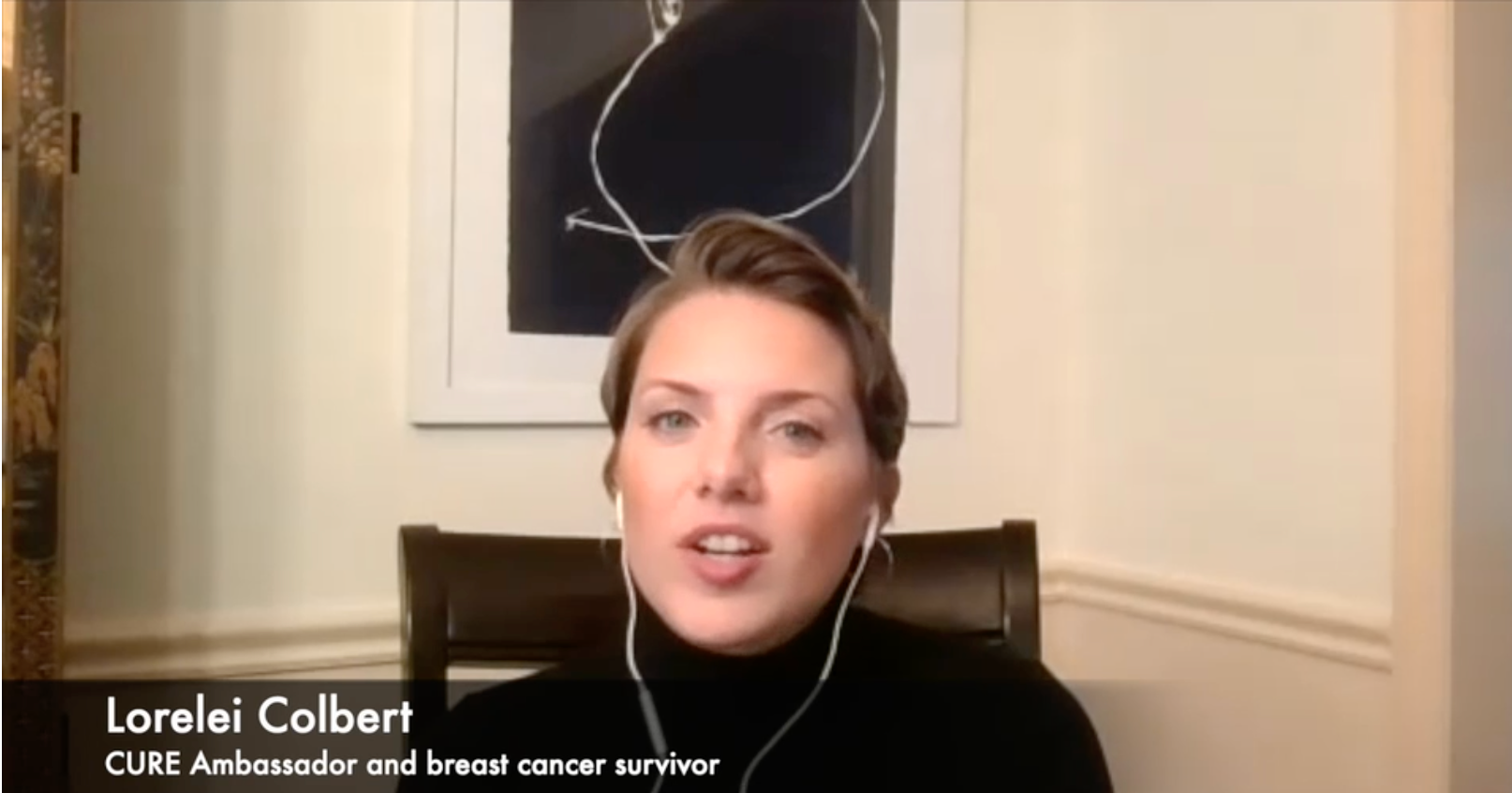

The Food and Drug Administration is expected to decide on whether to approve certain cancer regimens within the first few months of the year. Here’s what patients with cancer should know.
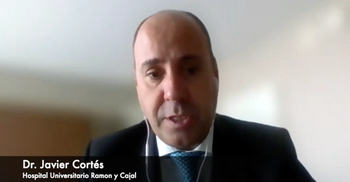
An expert discusses improvements in survival outcomes for patients with triple-negative breast cancer who received Keytruda plus chemotherapy — now considered the standard of care — but urges that more researched is always needed for this patient population.

Premenopausal women with ER-positive breast cancer experienced a decreased rate of recurrence when given an aromatase inhibitor, compared with those given tamoxifen. However, more research is still needed, an expert said.

The use of Faslodex plus the investigational drug samuraciclib was considered safe in individuals with heavily pretreated hormone receptor-positive breast cancer.

2021 was full of research advancements and FDA drug approvals that continue to improve cancer care for patients with a variety of malignancies.

The use of Enhertu may also be beneficial across HER2-positive metastatic breast cancer subgroups including patients with and without brain metastases.

The combination of Keytruda and chemotherapy improved survival rates in patients with PD-L1—positive metastatic triple-negative breast cancer.
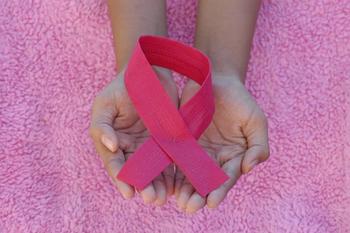
CURE® takes a look back at its top-performing breast cancer articles of 2021.

A woman with metastatic breast cancer writes a poem about the dark reality of the disease that hides below the surface.

Findings from a clinical trial showed that adding Keytruda to neoadjuvant chemotherapy in patients with triple-negative breast cancer significantly improved outcomes and was overall safe and tolerable for patients.

There are many cancer clinical trials that patients can enroll in across the United States. Here is a snapshot of some of the more recent ones.
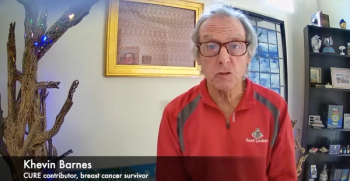
One male breast cancer survivor explains why he considers his cancer experience an “adventure into the unknown,” where he draws inspiration from every survivor he meets.
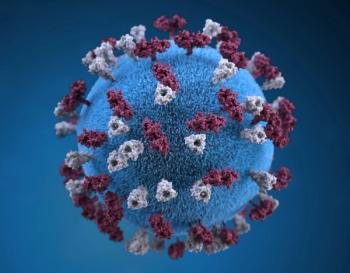
City of Hope has opened its first-in-human clinical trial for an investigational therapy in patients with advanced breast cancer.

Although patients treated with Lynparza after chemotherapy may experience side effects such as fatigue and nausea/vomiting, these symptoms resolved after treatment was completed in patients with high-risk early breast cancer.
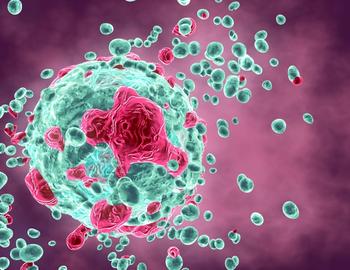
A three-drug regimen was shown to lengthen the amount of time before cancer progressed to the central nervous system — known as central nervous system progression-free survival — in certain patients with breast cancer.

The use of pyrotinib — an experimental drug — plus the chemotherapy capecitabine extended survival compared with Tykerb and capecitabine among patients with pretreated HER2-positive metastatic breast cancer.

Early-phase study results showed that treatment with a novel drug elicits promising outcomes in patients with advanced or metastatic triple-negative breast cancer.
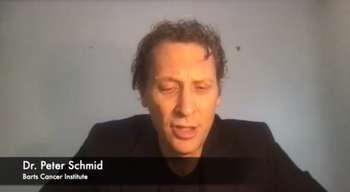
Clinical trial results show that adding Keytruda to chemotherapy prior to surgery for triple-negative breast cancer can improve outcomes and hopefully “increase the chances for patients to be cured,” according to an expert.

Treatment modifications in the pre-surgery setting led to a lower rate of pathologic complete response in Black patients with breast cancer, the researchers found.

The addition of Ibrance to endocrine therapy was not associated with preventing disease recurrence in patients with hormone receptor (HR)–positive, human epidermal growth factor receptor 2 (HER2)–negative early breast cancer, according to final results of the phase 3 PALLAS trial.

Researchers hypothesized that metformin — a medication that helps lower insulin levels in patients with diabetes and is associated with inducing weight loss — might improve breast cancer outcomes.

The use of elacestrant, an investigational therapy, elicited a 30% reduction in the risk of disease progression or death compared with standard of care in a group of patients with estrogen receptor (ER)–positive, HER2-negative metastatic breast cancer.

Ibrance plus Faslodex improved progression-free survival in certain patients with metastatic breast cancer, compared with those who continued to receive an aromatase inhibitor.

Black race is associated with a 3.5-fold increased incidence of lymphedema in women with breast cancer treated with axillary lymph node dissection and radiotherapy, according to recent data.

CURE’s Metastatic Breast Cancer Heroes™ Award Program expresses gratitude to the heroes who impact the lives of patients with metastatic breast cancer.